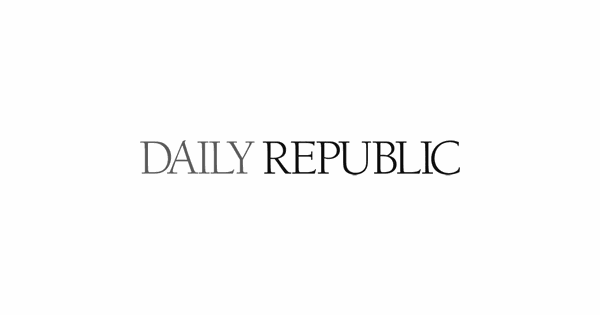Pixels vs. Postcards: The Nostalgic Battle of Communication in the Digital Age

Breaking Free from Digital Distractions: My Journey to Mindful Screen Time
For the past five years, I've been deliberately disconnected from social media, and this year, I'm taking my digital detox to the next level. My resolution is simple yet transformative: significantly reduce my screen time and reclaim my personal space and mental clarity.
My decision stems from a growing awareness of how digital platforms can consume our attention and fragment our focus. By stepping away from constant notifications and endless scrolling, I've discovered a newfound sense of peace and productivity.
This journey isn't about complete isolation, but about creating intentional boundaries. I'm learning to be more present in my real-world interactions, to engage more deeply with my surroundings, and to prioritize meaningful connections over virtual noise.
To anyone feeling overwhelmed by digital clutter, I encourage you to take small, deliberate steps. Start by setting screen time limits, creating tech-free zones in your home, or designating specific hours for digital engagement. The freedom you'll experience is truly liberating.
